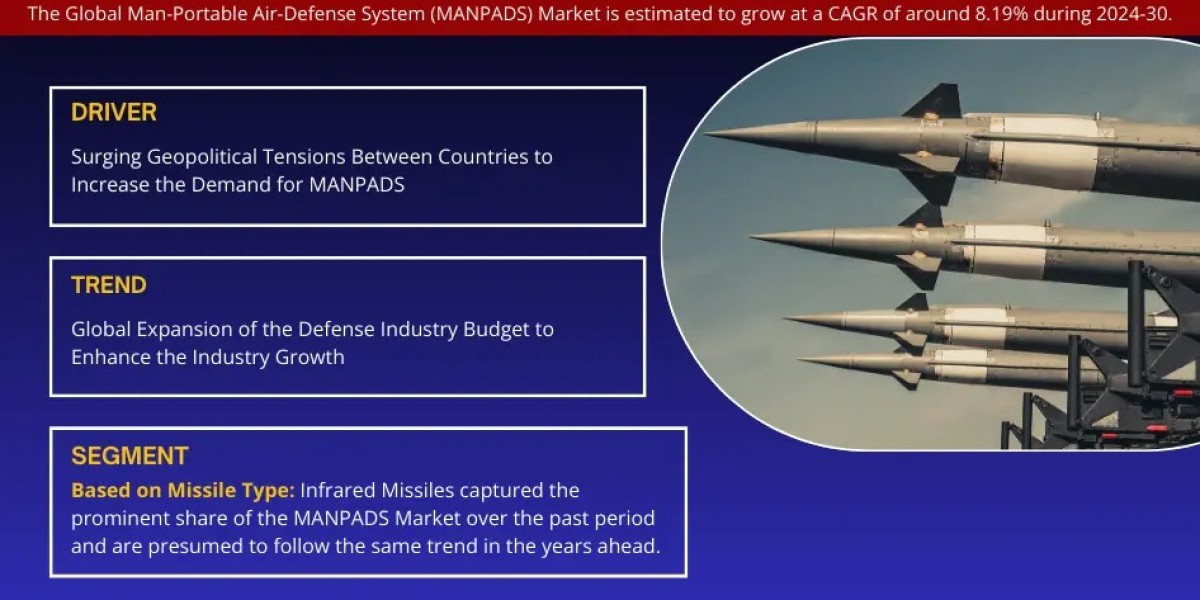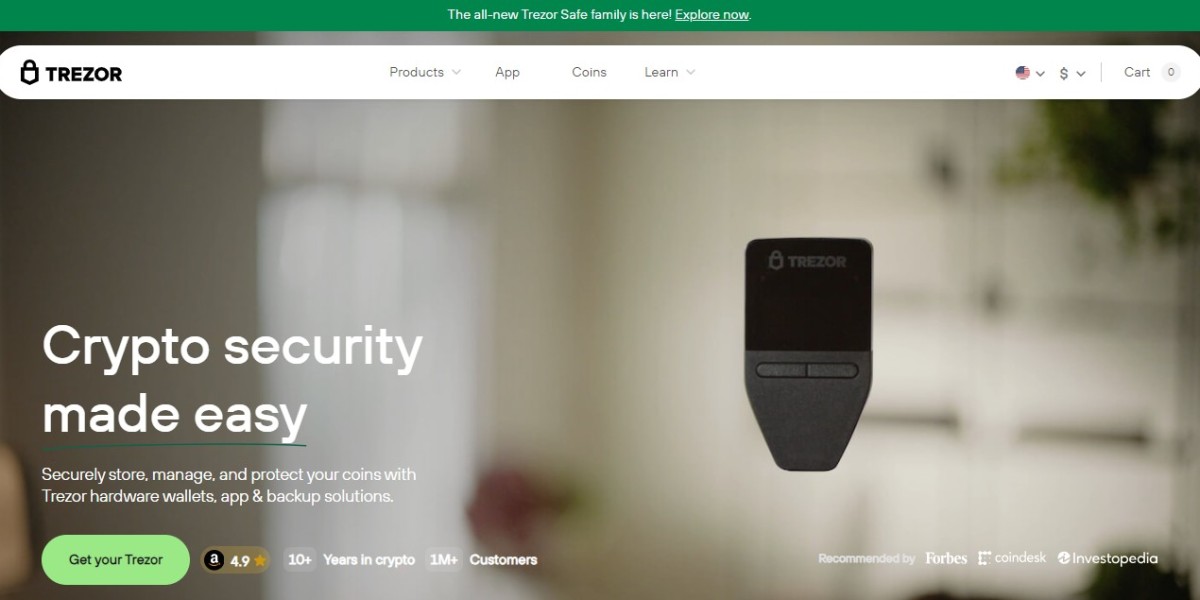Introduction:
Unlocking Savings: The Evolution and Impact of Coupon Codes, In the vast landscape of e-commerce, where consumers are constantly seeking ways to save money, the rise of coupon codes has emerged as a pivotal force shaping purchasing behavior and online retail strategies. From humble beginnings to becoming a ubiquitous aspect of the digital shopping experience, coupon codes have revolutionized the way consumers shop and businesses market their products. In this article, we delve into the evolution, mechanics, and impact of coupon codes on both consumers and retailers, exploring how they have transformed the landscape of online shopping.
The Early Days:
Couponing is not a novel concept; its origins can be traced back to the late 19th century when the first-ever coupon was issued by Coca-Cola in 1887, offering a free glass of the beverage. However, the transition of coupons from paper to digital formats paved the way for their widespread adoption and accessibility. The advent of the internet and e-commerce platforms provided fertile ground for the proliferation of digital coupons, laying the foundation for the rise of coupon codes.
The Mechanics of Coupon Codes:
At its core, a coupon code is a combination of alphanumeric characters that shoppers can enter during the checkout process to receive a discount on their purchase. These codes are often distributed through various channels, including email newsletters, social media platforms, affiliate websites, and dedicated coupon websites. They may offer percentage discounts, fixed-dollar discounts, free shipping, or other incentives, depending on the promotional strategy of the retailer.
The Appeal to Consumers:
For consumers, coupon codes represent an opportunity to unlock savings and stretch their purchasing power. In a world where every dollar counts, the ability to apply a discount code at checkout can make a significant difference in the overall cost of a transaction. Moreover, coupon codes empower consumers to make more informed purchasing decisions, allowing them to compare prices across different retailers and choose the option that offers the best value.
The Psychology of Saving:
Beyond the tangible benefits of saving money, coupon codes tap into the psychological aspect of consumer behavior. The thrill of securing a good deal or getting more for less triggers a sense of satisfaction and accomplishment, fostering loyalty towards the brand or retailer. Additionally, the scarcity factor associated with limited-time or exclusive coupon codes creates a sense of urgency, prompting consumers to act quickly to capitalize on the offer before it expires.
The Evolution of Coupon Strategies:
As coupon codes gained popularity, retailers began to recognize their potential as a powerful marketing tool. Rather than viewing discounts as a loss of revenue, savvy businesses embraced coupon codes as a means to attract new customers, drive sales, and enhance customer loyalty. This shift in mindset gave rise to innovative coupon strategies, such as personalized discounts based on purchase history, referral incentives, and gamified promotions, which not only incentivize purchases but also foster engagement and brand advocacy.
The Impact on Retailers:
For retailers, coupon codes offer a multifaceted solution to various challenges they face in the competitive e-commerce landscape. By strategically deploying coupon codes, retailers can stimulate demand during slow periods, clear excess inventory, promote new product launches, and incentivize repeat purchases. Furthermore, coupon codes serve as a valuable tool for data collection and customer segmentation, enabling retailers to gain insights into consumer preferences and behavior, which can inform future marketing strategies and product offerings.
The Rise of Coupon Aggregators:
As the demand for coupon codes surged, a proliferation of coupon aggregator websites and browser extensions emerged, catering to consumers seeking the best deals across a wide range of categories and retailers. These platforms curate and organize coupon codes from various sources, making it easier for shoppers to find relevant discounts without scouring the internet. However, while coupon aggregators offer convenience and efficiency, they also pose challenges for retailers, such as margin erosion and brand dilution, as discounts become commoditized and consumers prioritize savings over brand loyalty. https://gutscheinfuralles.de/
The Future of Couponing:
Looking ahead, the future of coupon codes is poised for continued innovation and evolution. With advancements in technology, such as artificial intelligence and machine learning, retailers can leverage data-driven insights to deliver hyper-personalized coupon offers tailored to individual preferences and browsing behavior. Additionally, the integration of coupon codes with emerging trends, such as influencer marketing and social commerce, presents new opportunities for brands to connect with consumers in authentic and engaging ways.








